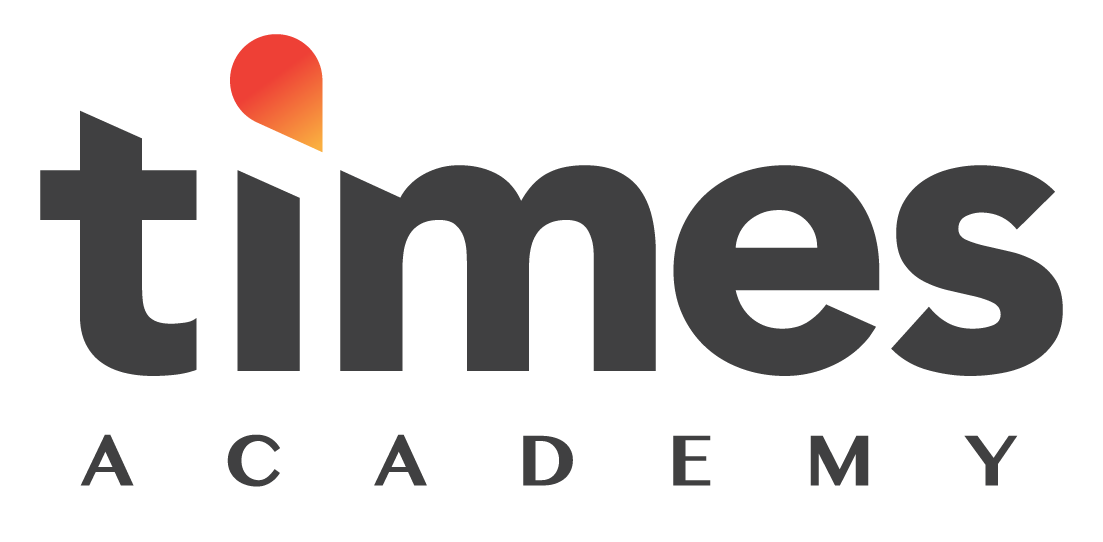Times Academy is an English language college in Sydney for International students and we do things a bit differently to other English language schools. Our biggest point of difference, which is something that would help to align us with the mission and values of independent schools in NSW, is that we have a focus on the Morals and Values education of our students. We do our best to help them to adjust to their life in Australia and to know themselves and their community through this focused course of study, that really asks them who they are, what do they believe and how to they care for themselves and others?
Each week students are given a value or characteristic that is the theme and focus for the week. Our principles and morals are interconnected, and through this course, Times Academy seeks to create well-rounded, community-minded caring, thoughtful and happy students. This is a 36-week curriculum that rolls over and repeats every 36 weeks. It is delivered the same regardless of student English level, but teacher scaffolding of activities will vary based on language abilities. The assessments are reflective and productive and are not graded in any way, but student self-reflection is included in monthly reports.
Students learn to:
- identify strategies and behaviours for negotiating caring and respectful relationships in a range of settings relevant to young people
- identify strategies for coping with loss and ways of giving support to others
- explore the influence of the following on a sense of self:
- who I am
- where I come from
- who I relate to
- what I can do
- what I believe and value
- investigate the changing nature of one’s sense of self and how it can be different in various social contexts, eg home, school, with friends
- describe the current challenges that may face young people and predict future challenges
- analyse how they can support their own and others’ sense of self
- evaluate their capacity to reflect on and respond positively to challenges
- analyse factors that contribute to positive, inclusive and satisfying relationships
- adapt and evaluate communication skills and strategies to justify opinions, ideas and feelings in increasingly complex situations
- adopt roles and responsibilities that enhance group cohesion and the achievement of personal and group objectives
Students learn about:
- their needs, feelings and beliefs in comparison with those of others
- the positive and negative impacts of difference on marginalised groups
- difference and diversity in relation to sexuality and socioeconomic circumstances.
- the impact of discrimination and harassment on individuals and the community
- principles necessary for a quality of life that each individual, regardless of group membership, can expect to enjoy
- the development of a sense of self and rights and responsibilities in relationships including the recognition of the use of power to exert undue influence
- changes and challenges
- sources of change and challenge, eg school, family, friendships
- identifying fears and feelings
- dealing with conflicting demands
- predicting and preparing for future challenges
- experiences that can result in loss and grief
- responding to loss and grief
- connectedness
- forms of connectedness
- the importance of connections
- forms of alienation
- creating connections
- attributes of being supportive

